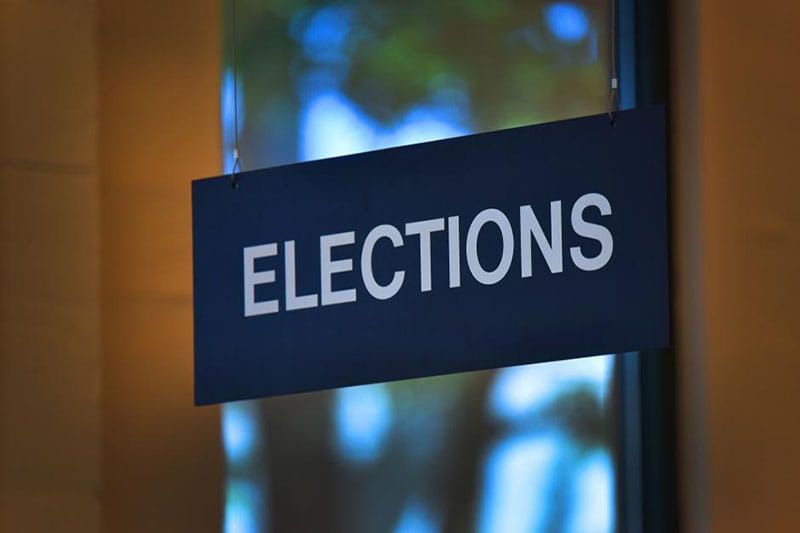Be internally driven™
Email Us: info@sunjaynath.com | Call Us: (905) 466-4270
Thoughts to Make You Think
Get vitalized by random acts of smartness
Elections and the 10-80-10 Principle
Many years ago, I was interested in learning about politics with the idea that someday I might consider running for office. I figured that the best way to learn about how the political system works was to immerse myself within it. Through a connection, I met a man who had quite the political pedigree and I joined his election team. What a great learning experience it was, and through it I discovered that successful campaigns utilize a strategy that I later coined the 10-80-10 Principle.
I started out canvassing with this man (let’s call him George Smith of Party A) door-to-door and was completely perplexed by our first few encounters. At one house, a woman came to the door and he introduced himself. “Hello, I am George Smith and I represent Party A …” That was all he was able to get out before he was interrupted.
“Oh, Party A. Well, I’ve supported Party B for 40 years, and let me tell you just SOME of the things you and your party are doing wrong!” And she started to rip into him.
A rookie politician would have immediately defended his party’s position and tried to convince this woman that they are not evil. Instead George did something that I thought was brilliant. His response was, “You’re right. Sorry for wasting your time.” Then he moved on to the next house. For the most part, we received two other kinds of reactions. If the person was undecided, we would offer them a flyer from Party A and say something to the effect of, “We would really like your support. Please let us know if we can do anything to help you with your decision.” But if the person was already planning to vote for Party A, that’s where we spent most of our time. “You are voting for Party A; that is excellent. We really appreciate your support. Have you considered placing a sign on your lawn? They come in two sizes, extra large and super extra large. Or perhaps you would be interested in going door-to-door identifying votes like we are doing?”
I used to think that the purpose of canvassing was to try and win people over and get them to vote for you. It has nothing to do with that. When politicians knock on your door they care very little about trying to change your mind. They want to know if you’ve decided to vote for them or not. If they aren’t already your candidate of choice, they aren’t going to try and convince you.
George Smith, understood this perfectly. The woman with 40 years of supporting Party B was part of his Bottom 10. Staying with this woman and trying to get her to come around to his way of thinking would take time and effort he simply didn’t want to spend. Instead, George spent.







Start Zigging When Others are Still Zagging. Let’s Connect!
Email Us: info@sunjaynath.com | Call Us: (905) 466-4270
Sunjay Nath Hall Of Fame Speaker



